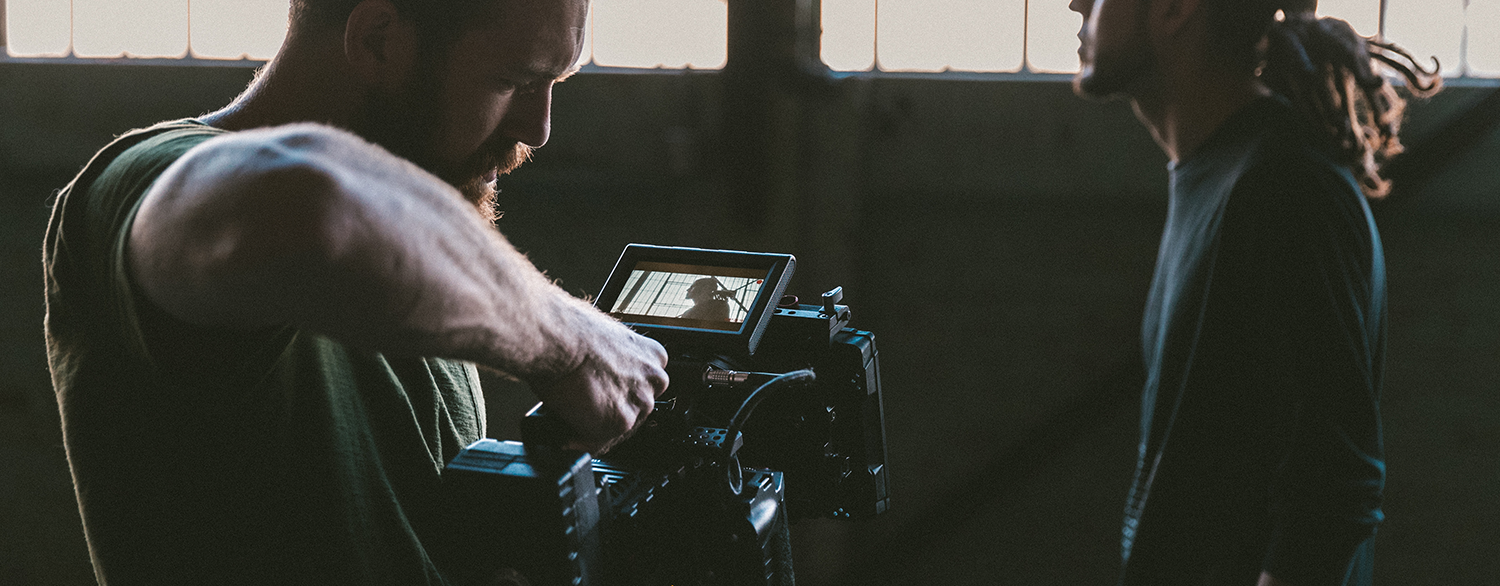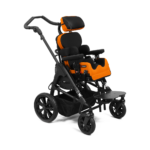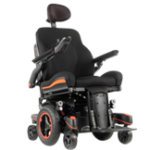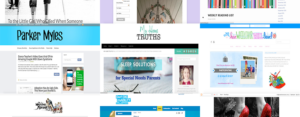
The New Series Showcasing Disability and Diversity on Australian TV
Modern Australia is a diverse and fascinating place, but is this accurately represented on our screens? A new television series seeks to change all that, by showcasing the stories of people with a disability – in their own words. The series aims to change societal attitudes through emotional connection and insight, shaping a new understanding of disability in Australia.
Kissing those tired old disability cliches goodbye
Not only are disabled people under-represented in modern media, when they are portrayed as part of the narrative their roles tend to be limited to a predictable handful of negative stereotypes. Recognise any of these tropes?
1) Disabled villains
How many movie villains have a disability? Captain Hook, Darth Vader and Two Face from the Batman franchise immediately spring to mind, and there are many more. Disability is framed as the basis of the character’s anger and resentment, motivating them to seek revenge.
2) Objects of pity
People with disabilities are often portrayed as one-dimensional objects of pity, with their suffering forming the major aspect of their characterisation. The viewer is asked to feel sorry for these characters, who are framed as social outcasts who spend their entire lives trying to “overcome” their disability.
3) Objects of inspiration
The flipside of the “pity portrayal” is films that position disabled people as objects of inspiration. One the surface these roles appear to be positive, but the portrayal of these characters tends to be infantilising and patronising in equal measure. These roles are often framed as a way to “inspire” able-bodied people.
4) People who need to be cured
Another common stereotype is that disabled people need to be “cured”, or need to have their suffering alleviated. These character portrayals are offensive because they depict people with disabilities as somehow “less than” or “faulty”, with the implication that the best possible outcome sees them “fixed”.
Two new series offering disabled people a forum to share
Frustrated by the limited representation of disability within mainstream media, the Attitude Foundation decided to put their money where their mouth is. Founded by former disability discrimination commissioner Graeme Innes, the Attitude Foundation is a non-profit organisation that has launched their own 13 part documentary series.
CEO Alex Farley explains why they decided to develop their own show: “There’s some Screen Australia studies which have shown that around 4 per cent of characters in Australian drama are people with disability, whereas of course the general population is around 18 to 20 per cent. And then when you actually see people with disability in things like television programs, there’s a lot of stereotypes.”
The series will be similar in style to the popular interview style show “Australian Story”, offering a forum for disabled people to share their stories to a wider audience. The recent surprise success of ABC series “You Can’t Say That” demonstrates that mainstream audiences are keen to listen to stories from people who have disabilities. Recent shows have focused on wheelchair users, short statured people and people who have facial differences.
Representation matters, and media like this can create positive shifts in social and cultural attitudes around disability. While there is still a lot of work to be done when it comes to the portrayal of people with disabilities on screen, these two shows are a step in the right direction.










